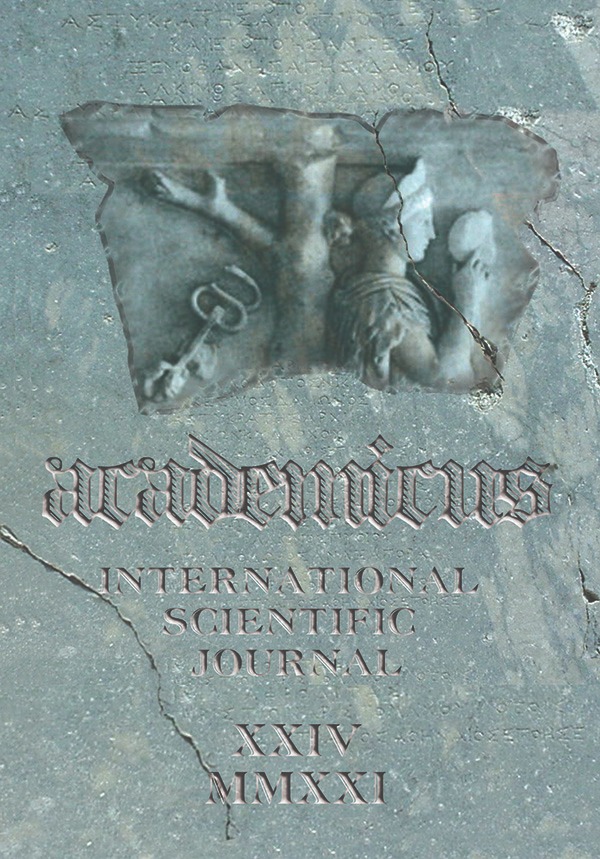Book of Changes: Cosmological and Anthropological Metaphors in Chinese Philosophy
Book of Changes: Cosmological and Anthropological Metaphors in Chinese Philosophy
Author(s): İlknur SertdemirSubject(s): Philosophy, East Asian Philosophy
Published by: Academicus
Keywords: Chinese philosophy; Book of Changes; harmony; moral principles;
Summary/Abstract: Ancient Chinese history holds a quality which has syncretized traditional thought with its cultural wealth unified of mystical and mythological figures in the background. Such that classical documents, which had begun to be written before Common Era, has directly influenced the political regime, education system and status of society in China. One of the most prominent features of these works is to propound collective knowledge about perception of cosmology, attitudes to earthiness, community standards, policy and morality. Among Five Classics works of these masterpieces of Chinese philosophy, Book of Changes which stands closest to metaphysical narrative, mainly consists of the texts about prophecy. While this piece of work had been referred as a divination guide in Western Zhou Dynasty (1046-771 BC), it turned into a cosmological text that included a range of philosophical commentary during Warring States Period (475-221 BC). The mainstay of this remarkable change is the direct correlation of all the concepts and terms that characterize the worldly beyond along with the relevant text, especially yin-yang dualism, which symbolizes an extraordinary harmony in early Chinese thought. Traditional idea suggests reciprocity in which heaven, earth and man are interconnected to maintain natural order. However, the superiority attributed to human beings also brings compulsive responsibilities to idealize a compatible society. This paper aims to discuss influences of cosmological and anthropological items on human behaviors explained in prescriptive perspective.
Journal: Academicus International Scientific Journal
- Issue Year: XII/2021
- Issue No: 24
- Page Range: 214-225
- Page Count: 15
- Language: English

